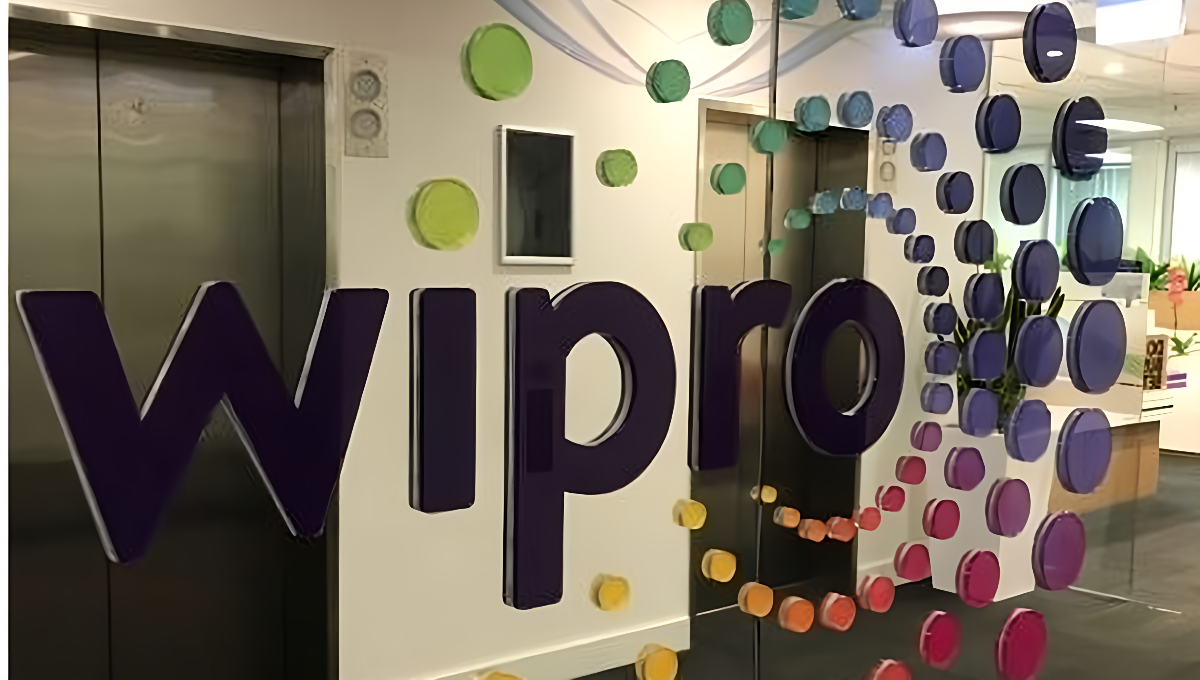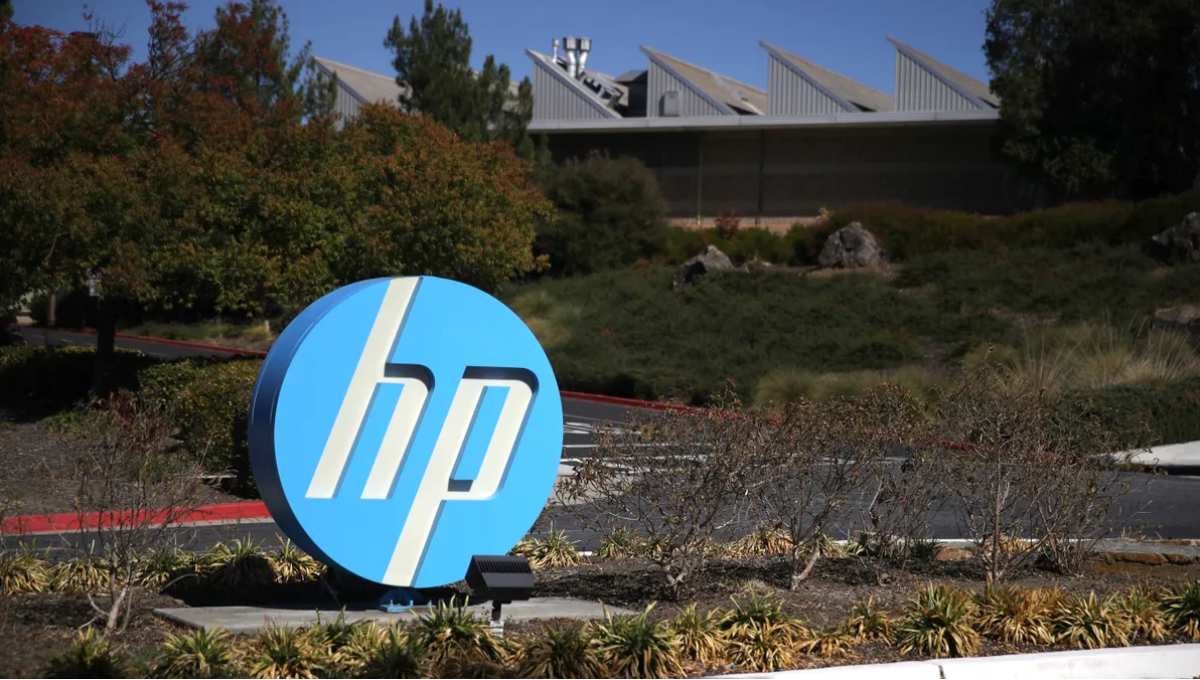Google TPU v7 Launch and Performance
Google has announced that Ironwood, its seventh-generation TPUs (tensor processing units), will be generally available within the next few weeks.
This update allows Google Cloud customers to leverage TPU v7 for their advanced computing workloads.
The new chip reportedly delivers a tenfold increase in peak performance compared to TPU v5, and offers four times the performance per chip for both training and inference tasks compared to TPU v6.
TPUs are specialized chips designed to handle complex computational workloads. In addition to providing them for cloud customers, Google also uses these chips to train and deploy models like Gemini, Imagen, Veo, and other proprietary systems.
Several large-scale Google Cloud clients have already relied on TPUs to power their workloads.
Anthropic, the company behind the Claude model family, has long used TPUs through Google Cloud and recently expanded its collaboration to deploy over 1 million additional TPUs.
Indian conglomerate Reliance unveiled its latest initiative, Reliance Intelligence, which will operate on Google Cloud infrastructure powered by TPUs.
TPU Advantages and Market Potential
“With Ironwood, we can scale up to 9,216 chips in a superpod, connected through the breakthrough Inter-Chip Interconnect (ICI) network at 9.6 Tb/s,” Google stated. The setup also provides access to 1.77 petabytes of shared High Bandwidth Memory (HBM).
TPUs are designed to be more energy-efficient and powerful than traditional GPUs. Google research shows that TPU v4 is 1.2 to 1.7 times faster than the NVIDIA A100 GPU while consuming 1.3 to 1.9 times less power.
Google recently announced Project Suncatcher, a research initiative exploring the use of solar-powered satellite constellations equipped with TPUs to scale computing in space.
Analysts from D.A. Davidson, cited by MarketWatch, suggest that combining Google’s TPU operations with its DeepMind research division could have a valuation of around $900 billion.
Experts note that if Google begins offering TPUs as standalone hardware outside of Google Cloud, it could emerge as a strong competitor in the GPU market, challenging companies such as NVIDIA and AMD.
Also Read:
Amazon launches Kindle Translate, an AI-powered service for e-book authors









